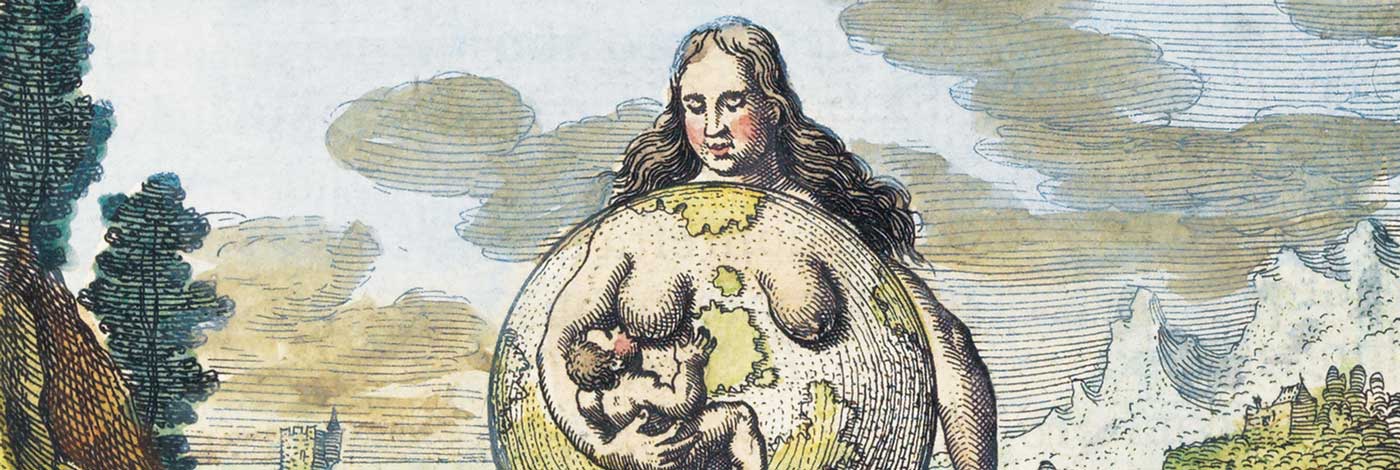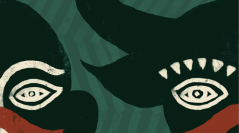

 Anthropozoologica
53 (16) - Pages 187-194
Anthropozoologica
53 (16) - Pages 187-194A new trend in political theory is to question whether cultural practices clash with moral concerns about animal welfare. On the one hand, there is widespread concern to protect cultural distinctiveness; on the other, cultural distinctiveness may mean treating animals in cruel ways. In this article, I articulate this debate using the case of the killing of a bull in the Ukweshwama practice from South Africa. By engaging with the literature on multiculturalism, I question whether Zulus in South Africa are entitled or not to practice the killing of a bull during Ukweshwama. I respond to this question affirmatively, by defending that for reasons of autonomy, moral loss and legal consistency, Zulus are entitled to continue their practice.
Zulu culture, Ukweshwama, multiculturalism, cultural accommodation, South Africa.